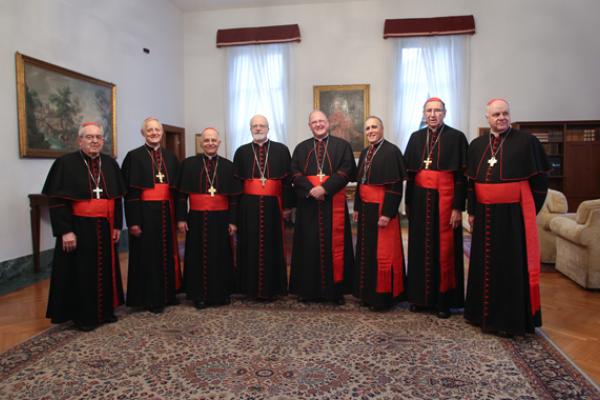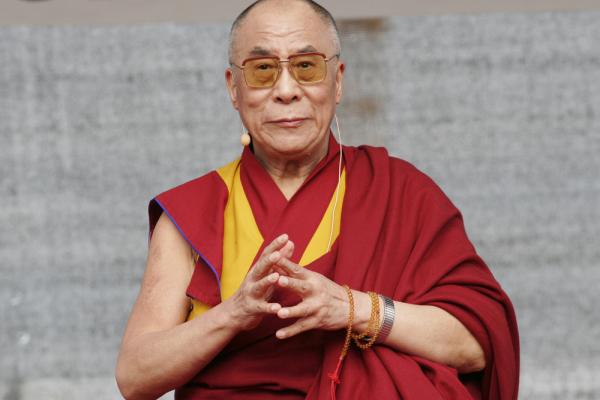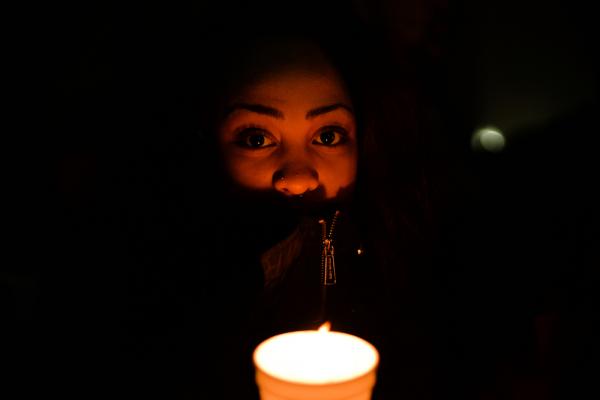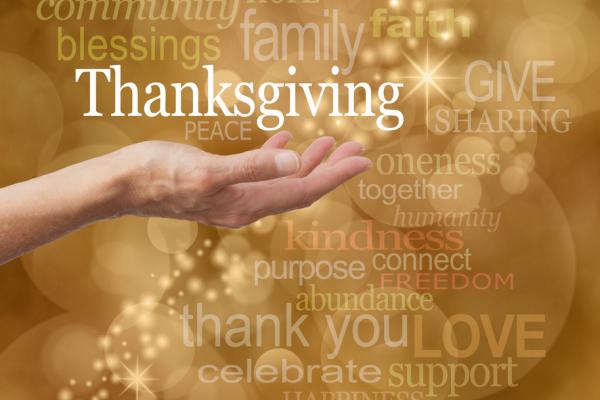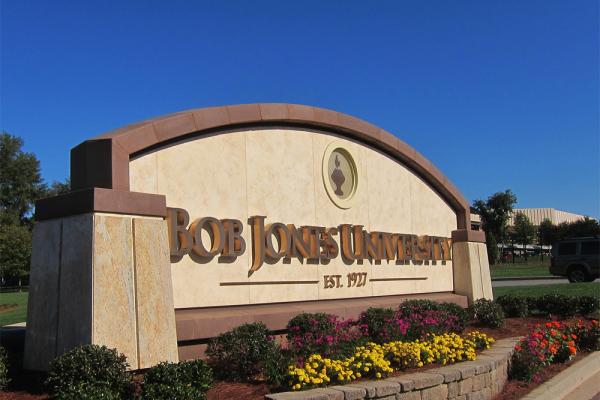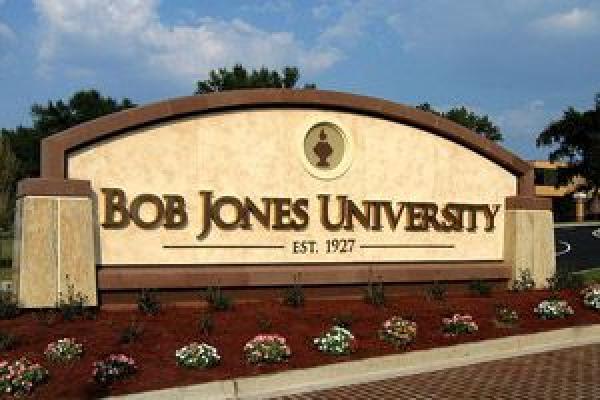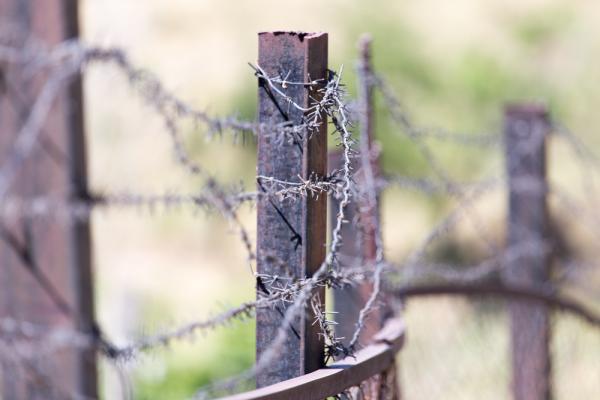Christians don’t seem to mind that so many beloved Christmas songs were written by Jews — and Jews tend to reel off the list with pride.
"White Christmas." "Let It Snow." "Santa Baby." "I’ll Be Home for Christmas." "Chestnuts Roasting on an Open Fire." "Silver Bells." "Rudolph the Red-Nosed Reindeer."
Those not mentioned here could fill an album.
But why didn’t the Jews write any similarly iconic songs for their holiday that falls around Christmastime — Hanukkah, the Jewish Festival of Lights?
“I Have a Little Dreidl"? Great song … if you’re 4.
There are reasons that Jews are good at Christmas songs and why so many of these songs became so popular. And there are reasons why Jews didn’t write similarly catchy tunes for Hanukkah — or any other Jewish holiday.
But first, a little music history.
The Vatican announced Dec. 11 that Pope Francis will name a new batch of cardinals in February, adding to the select group of churchmen who will someday gather to elect his successor.
Rome won’t reveal the names until next month, but could an American be among them?
There are a number of factors that will govern the choices, and thus the predictions:
First, there are 208 cardinals in the College of Cardinals, but at the age of 80 a cardinal is no longer allowed to vote in a conclave. That leaves 112 cardinals under the age of 80, as of now, though two more will age out in February and another two in March and April.
The customary ceiling on the number of electors today is 120 (it has changed many times over the centuries). That means that Francis could give a so-called red hat to 10 or 12 bishops.
The pope could also raise the ceiling, or ignore it, as Saint John Paul II often did during his long reign.
The Dalai Lama said Dec. 11 that he would not meet Pope Francis while in Rome for a summit of Nobel Peace Prize winners.
“The Vatican administration says it is not possible because it could cause problems,” the Dalai Lama said, hinting that the Vatican may be unwilling to irk China, a country with which it wants to engage and perhaps re-establish diplomatic relations.
But the Vatican’s chief spokesman, the Rev. Federico Lombardi, declined to say whether the pope had personally turned down a request for a meeting with the spiritual leader of the Tibetan Buddhists.
“Pope Francis obviously holds the Dalai Lama in very high regard, but he will not be meeting any of the Nobel laureates,” Lombardi told journalists.
Could it be that the crescendo of dissention is divinely synched to yet again heighten disruptive unease among the status quo? Could it be that the promise of Emmanuel — "God is with us" — as proclaimed by the heavenly host, but feared by powerful elite, is unavoidably linked through the eternal truth — such that even the Church universal cannot celebrate one and avoid the other? Could it be that through Advent, we are called to acknowledge the humanity and parity of personhood, rather than rest in the laurels of privilege? The anger of youthful Ferguson protests was marginalized and dubbed as riots, but could it be that this Advent response manifested in expanded multiethnic solidarity is of divine intent to raise challenge to elitism and to demand respect for people of color as equals rather than as patronized subordinates? Could it be that whether or not the media chooses to ignore the connection, the Advent message for those with ears to hear is that perpetrators of brutality, the comfortable protectors of privilege, and the self-serving pundits of power that tried to nullify the everlasting promise were unsuccessful then and now? Could it be by divine design that unknown names, stolen lives, are now divinely lifted to eternal and global recognition as sacrificial symbols so that truth could come to light?
I'm grateful for the warm, safe shelter of my home when there are 610,042 experiencing homelessness on any given night in the U.S.
I’m grateful for more than enough to eat when there are 805 million people in the world do not have enough food to lead a healthy active live.
I’m grateful that I have clean drinking water when over 3.4 million people die each year from water, sanitation, and hygiene-related causes.
I’m grateful that I have good health when so many people do not have access to decent medical care, like the 5,459 people who have died from Ebola this year, and the millions more who die each year from preventable diseases.
I’m grateful I have clothing to wear when in the poorest of places, the lack of proper clothing costs lives, and hundreds of millions still live in conditions of material deprivation.
I’m grateful for my freedom when the U.S. had 1.57 million inmates behind bars, the highest percentage of a population of any developed country in the world.
I’m grateful for my citizenship when there are over 11 undocumented immigrants in the U.S. living in the shadow of constant fear.
But I’m especially grateful for the people I know, and the ones I don’t, that are working for justice and peace; a world where all our brothers and sisters have the basic necessities of shelter, food, clean water, decent medical care, and warm clothing. A world where every human being’s dignity is respected and valued. A world Jesus called the Kingdom of Heaven.
Advent is a time for stories. In my childhood, these weeks were filled with Sunday school pageants, beautifully illustrated children's books, and swapping out Legos for the figurines in my mom’s Nativity collection. My favorite part of the Advent story was always the gathering of unlikely companions — magi, shepherds, angels, and a menagerie of farm animals. This year, I find the Advent story accompanied by another, and it starts like this:
Gold, frankincense, myrrh: precious gifts carried by three magi for the King of kings and Lord of lords. Gold, coltan, diamonds: precious gifts of Creation held in the earth of Congo, taken by the "kings" of powerful nations for the commodities of their people. Coltan alone can be found in the cell phones, hearing aids, and prosthetic devices we use in the West every day. These gifts have become a curse with the massacre of over 5.5 million Congolese, numbers nearly equal to the Holocaust. Yet Congo’s conflict remains mostly silent.
An outside watchdog group hired to investigate sex abuse claims at Bob Jones University issued its 300-page report on Dec. 11, concluding that the conservative Christian school responded poorly to many students who were victims of sexual assault or abuse.
Bob Jones, with about 3,000 students at its campus in Greenville, S.C., tapped Lynchburg, Va.-based GRACE (Godly Response to Abuse in the Christian Environment) in November 2012 to investigate claims about sexual assualt. During its two-year investigation, GRACE interviewed 50 individuals who self-identified as victims of sexual abuse.
Some of those students claimed they were victims on campus; others said they were dealing with child sexual abuse but received a poor reception from campus officials as they struggled with their past.
The school’s teachings on sin, forgiveness, discipline, and justice shaped how Bob Jones University responded to sexual assault, the report argues.
“As a result of the school’s poor responses, many of these students were deeply hurt and experienced further trauma,” a press release from GRACE states.
The Buffalo Bills cheerleaders are advised by management on which type of feminine product they should use for their menstrual cycle. They are told that they cannot wear clips or tie backs in their hair. They have been asked to perform backflips on demand at an annual golf tournament where men placed bets on which Buffalo “Jill” would ride in his golf cart.
For all these imposed regulations and for hundreds of hours of work, members of the NFL Buffalo “Jills” Cheerleading Squad did not receive a penny of wages.
In April, five former Jills cheerleaders filed a lawsuit in the New York Supreme Court against the NFL franchise for "exploiting the women by failing to pay them in accordance with New York State minimum wage laws."
The worst part of this is: I don’t care.
When I was growing up I never wanted to be a cheerleader. I barely had a Barbie doll. I raced my brother’s Big Wheel on foot. I never had the desire to stand on the sidelines and cheer for other people, namely men, that were considered more athletic than myself.
So when I heard the news of the Jills’ unfair treatment, my personal sympathy level was somewhat low. They wanted to be cheerleaders, right? They signed up to wear short skirts and tight tops and dance in front of millions of people — they didn’t have to do that.
One commentator on the Jills’ lawsuit said, “Nobody forced them to be cheerleaders. They weren't enslaved. Stop with the pity party.”
And there lies the rub. What’s really at the root of these issues?
Rolling Stone is not the only one throwing sexual abuse victims under the bus these days. An alarming report released today reveals that Bob Jones University, a historically fundamentalist Christian college, failed to support nearly 40 victims of sexual abuse over four decades.
In January 2013, Bob Jones University hired GRACE (Godly Response to Abuse in the Christian Environment) to conduct an independent investigation of the college’s response to sexual abuse allegations.
The report states that BJU officials were not adequately prepared or trained to counsel victims appropriately, often treating victims as blameworthy for their abuse or sexual assault experienced during childhood or adulthood.
In a video statement recorded yesterday, BJU President Steve Pettit issued an apology to students and faculty:
On behalf of Bob Jones University, I would like to sincerely and humbly apologize to those who felt they did not receive from us genuine love, compassion, understanding, and support after suffering sexual abuse or assault. We did not live up to their expectations. We failed to uphold and honor our own core values. We are deeply saddened to hear that we added to their pain and suffering.
The release of a 600-page executive summary of the CIA torture report on Tuesday gave confirmation and imagery to many of our saddest suspicions and vague understandings of the CIA’s use of torture. The report, conducted by the Senate Intelligence Committee between 2009 and 2013, reveals that the U.S. carried out post-9/11 “enhanced interrogation techniques” in an ineffective and fear-fueled effort to prevent terrorism. In an attempt to protect our nation, we lost our values, and then tried to destroy the evidence. Still, many shameful specifics are now public knowledge:
Interrogators have exposed detainees to dark, cold isolation, forced rectal feedings, threats to family members, simulated drowning, 180 hours of sleep deprivation, and much more. The Justice Department still hasn’t pressed any federal charges.
This government transparency is new, but the sins are old. Sojourners has advocated for the end and exposure of U.S. torture techniques for years. Take a look at the Sojourners articles below to learn more about the effects of the program and the dreary history that precipitated the report.

